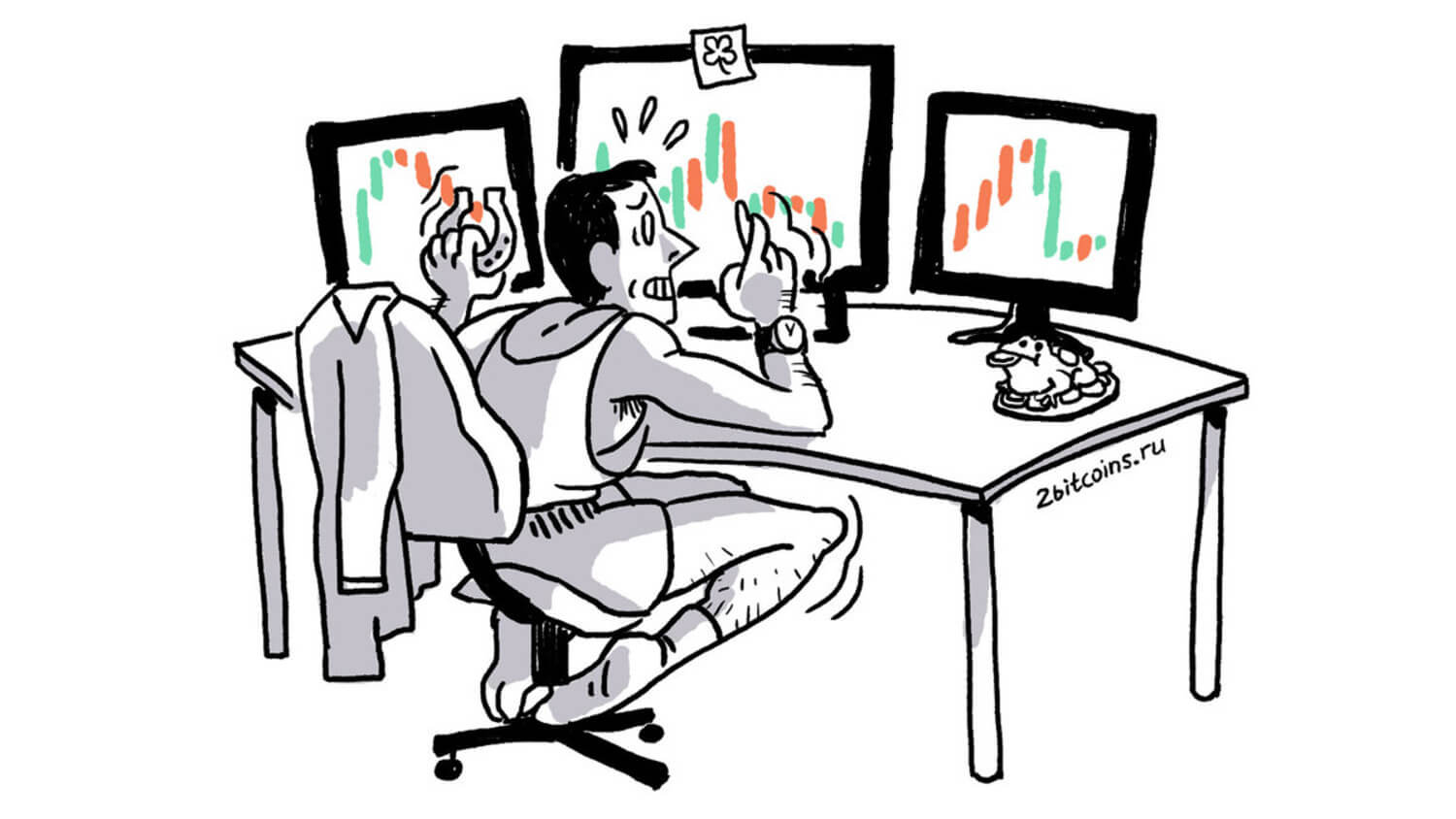The head of Ripple noted serious progress in its legal battle with the SEC. What does this mean for the crypto industry?
Ripple CEO Brad Garlinghouse is increasingly optimistic about the legal battle his company is facing with the Securities and Exchange Commission (SEC). To recap, the story began back in 2020, when the SEC sued Ripple’s management, represented by Garlinghouse himself and co-founder Christian Larsen, alleging that the company was allegedly selling unregistered securities in the form of XRP tokens. In other words, the SEC has been pushing for XRP to be recognised as securities officially all along. But the situation is now gradually changing. We tell you more about what’s going on.

To recap, the SEC case against Ripple was initiated in December 2020. At that time, representatives of the agency filed a lawsuit because of the “unregistered offering of securities worth $1.3 billion”. In other words, SEC officials believe XRP tokens are securities. And if they prove their position, then Ripple will be in serious trouble because such a crypto-asset launch would be illegal. Read more about the lawsuit in a separate story.
At the same time, a month and a half later, Ripple representatives became the target of criticism from the cryptocurrency community. It turned out that they were going to create problems for Bitcoin and Etherium during the lawsuit, as the SEC does not consider them securities. In this way, the project’s lawyers were prepared to pull the biggest cryptocurrencies in the event of a defeat.
What’s happening with the lawsuit against Ripple
Garlinghaus shared the news from the court during this week’s Paris Blockchain Week event. According to him, the defence side is better prepared for the trial than he expected. Here’s a rejoinder from the project’s spokesperson, cited by Cointelegraph.
The trial is going extremely well and much better than I could have hoped for when it started about 15 months ago.
Here’s a shot of Brad’s speech, shared on Ripple’s official Twitter.
Live from #PBWS2022, @bgarlinghouse sat down with @cnbc’s @ryan_browne_ to talk crypto regulation, Ripple’s global traction and use cases that he sees growing across the industry. pic.twitter.com/ouQYhY3B5n
– Ripple (@Ripple) April 14, 2022
The head of Ripple has high hopes for the outcome of the trial, and also says it is important for all other crypto projects.
This court case is not only important for Ripple. It is important for the entire crypto industry in the United States of America.
Garlinghouse’s comments came shortly after RippleNet’s community lawyer announced that Ripple had won a “very significant victory” over the Securities and Exchange Commission. Presiding judge Sarah Netburn rejected the SEC’s request to reconsider document protection under the privilege. The documents related to a speech by former SEC director William Hinman in which he clarified that Bitcoin and Etherium were not securities.
Overall, the Ripple chief really isn’t exaggerating the importance of the court case. If the company loses and the XRP tokens are indeed recognised as securities, it will set a precedent in court practice. It would give the SEC good reason to declare many other coins to be securities, which would surely lead to their termination. It also implies that the Commission will gain serious leverage over crypto startups and exchanges, as they will be forced to register with the SEC as brokers.

Ripple CEO Brad Garlinghouse
On topic: Ripple co-founder has proposed moving Bitcoin to Proof-of-Stake. The cryptocommunity has criticised the idea.
According to Decrypt’s sources, it’s not just Ripple that has problems with the SEC: the advocacy group Coin Center has also confronted the Commission. It draws attention to the Securities and Exchange Commission’s proposed redefinition of “exchange” under the Securities and Exchange Act, which “includes systems that offer the use of non-fixed income from trading and communication protocols to connect buyers and sellers of securities.”

Cryptotrader
Coin Center calls the Commission’s proposal “unconstitutional”. Changing the definition in a law first drafted in 1934 may seem frivolous, but it has direct implications for the crypto industry. Organisations falling under this definition would have to register with the SEC. There is no such elaborate mechanism yet, but in theory, if there is one, centralised and decentralised exchanges would find themselves “under the SEC’s thumb” as they would be forced to follow its guidance by law.
We believe that a win for Ripple in this proceeding would be extremely important for the cryptocurrency niche. First and foremost, it would be a reputational benefit for the coins, as many old-school investors are not yet taking the risk of dealing with the coins just because of such court cases and the uncertainty of regulators' attitudes towards cryptocurrencies. Accordingly, with a positive outcome, the coin industry will become more attractive to many capital owners, so there will be more people willing to invest in them.
As we can see, regulation of the crypto market still has significant drawbacks in the form of pressure on different areas of the industry. Hopefully, this trend will change in the near future. Stay tuned to our millionaires’ crypto-chat to see how the situation develops. We will discuss other important situations there as well.















